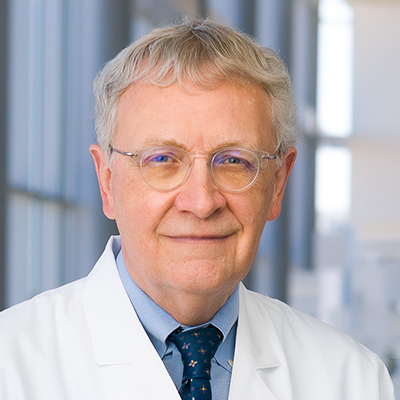New Patient Appointment or 214-645-8300

Kim Yancey, M.D. Answers Questions On: Dermatology
-
What exactly is dermatology? What do dermatologists do at UTSW?
-
Dermatology is a medical specialty in which physicians devote their professional activities to the care of patients with diseases of the skin.
Most physicians begin their training in dermatology after their internship or residency in another discipline. They then devote three years to mastering dermatology and gaining experience in treating patients with skin diseases. Skin disease can be primary to that organ, or it may show changes that signify disease in underlying organs. So, dermatologists work as frontline providers to patients with a wide variety of skin-specific complaints.
In our department we have dermatologists who function as generalists, providing comprehensive care to a wide variety of patients. We also have dermatologists who are approved within subspecialty areas such as pediatric dermatology, procedural or surgical dermatology, and dermatopathology. We also have physicians who have developed what I consider disease-specific specialty expertise in areas that are not certified through a training experience, but are validated through years of experience in the clinic. These subspecialty areas include physicians who offer clinics to patients with morphea, vitiligo, cutaneous lymphomas, autoimmune blistering disease, or cutaneous lupus erythematosus.
-
Why is skin considered an organ?
-
Skin is technically the body’s largest organ. In medicine you often hear about people having heart failure or kidney failure, but you don’t hear people talking a lot about skin failure. The skin rarely fails, but when it does, it’s usually due to injury, illness, or an infirmity that causes the skin to be lost.
Skin is very important for barrier function, protection from outside pathogens, modulation of immune responses, and for various important metabolic functions, such as the production of vitamin D.
-
How do UTSW dermatologists collaborate with other physicians when skin is a symptom of disease in another organ system?
-
We try to work closely with other physicians to help them with patients who have skin diseases or manifestations that may signify an internal abnormality, a reaction to a medication, or an inherited disease.
One of the nice things about being in an academic medical center is that dermatologists can build relationships and interactions that enrich our practice and meet the needs of many patients, including patients with complex medical problems.
Dermatologists have a particular relevance to patients throughout our campus. Particular examples would include individuals who undergo an organ transplant, patients maintained on immunosuppressive medications, patients with connective tissue diseases, genetic diseases, or an increased risk for skin cancer.
-
Hospitalized patients have particular risks for skin failure. How do dermatologists help?
-
We are certainly concerned about patients developing decubiti, or pressure ulcers, during hospitalizations. Dermatology is available to assist with the evaluation and management of those patients. We also work closely with teams to put together protocols so that patients at risk are suitably managed in the hospital. We also routinely see hospitalized patients who develop hypersensitivity reactions to medications or demonstrate cutaneous manifestations of potential relevance to underlying medical problems.
As dermatologists, we seek to increase our impact in new and nontraditional ways, such as training “care extenders.” In our department we have trained several physician assistants to assist in our clinical practice. We also have nurse practitioners who assist in our pediatric dermatology practice.
In the United States we graduate about 320 dermatologists each year, and that accounts for less than 1 percent of the physician workforce in the U.S. Thus, other health care professionals trained in skin disease are needed to serve patients at every level of care.